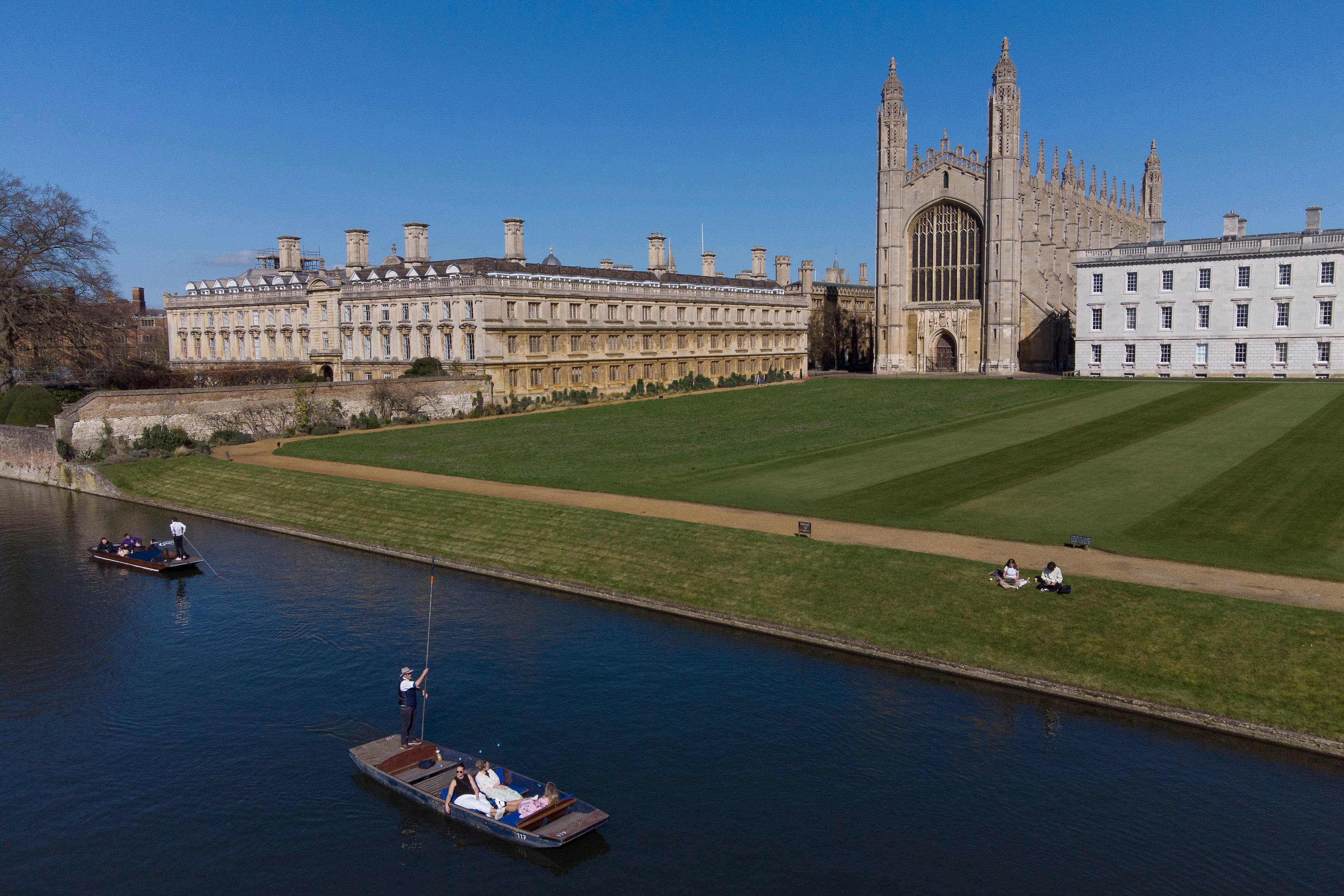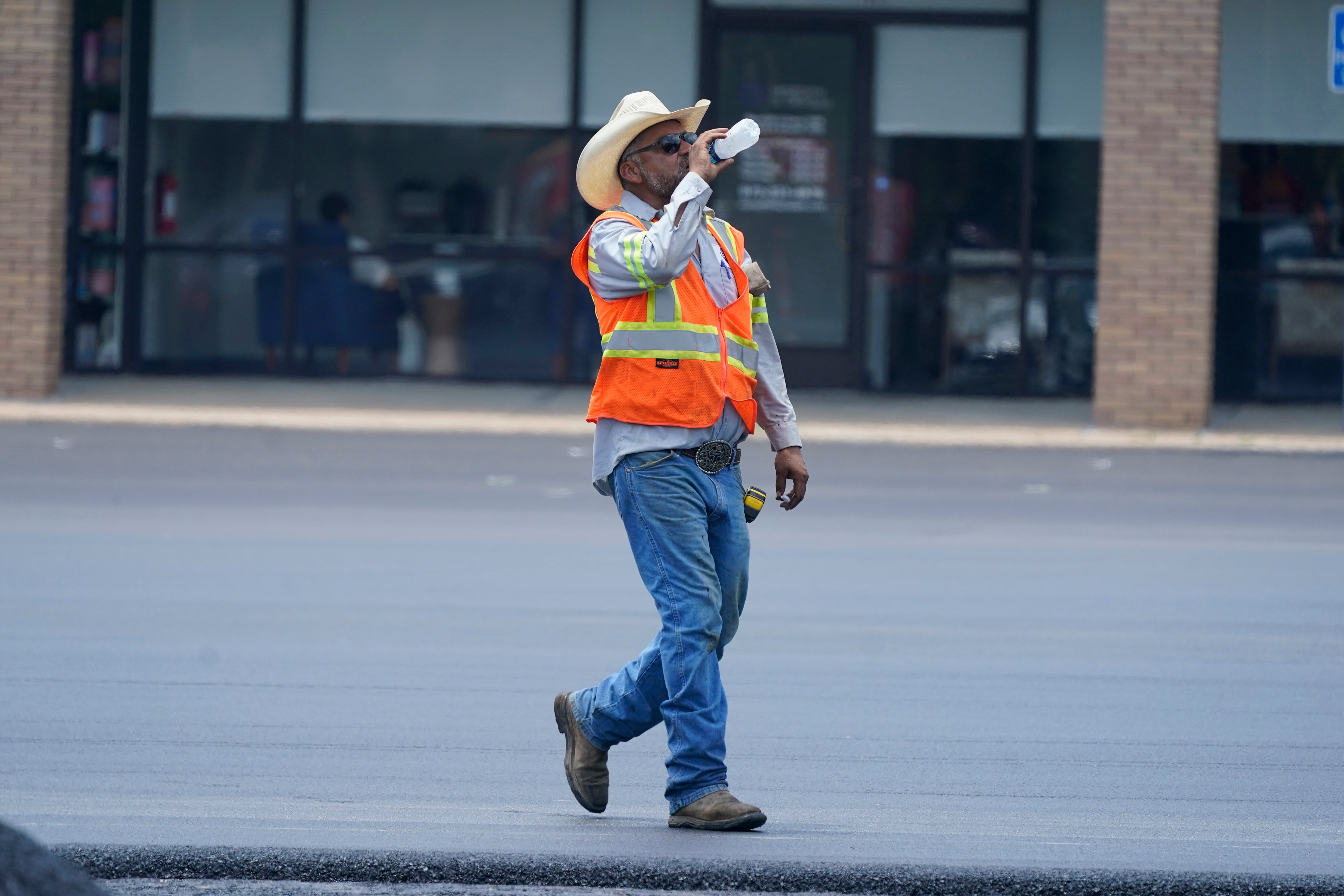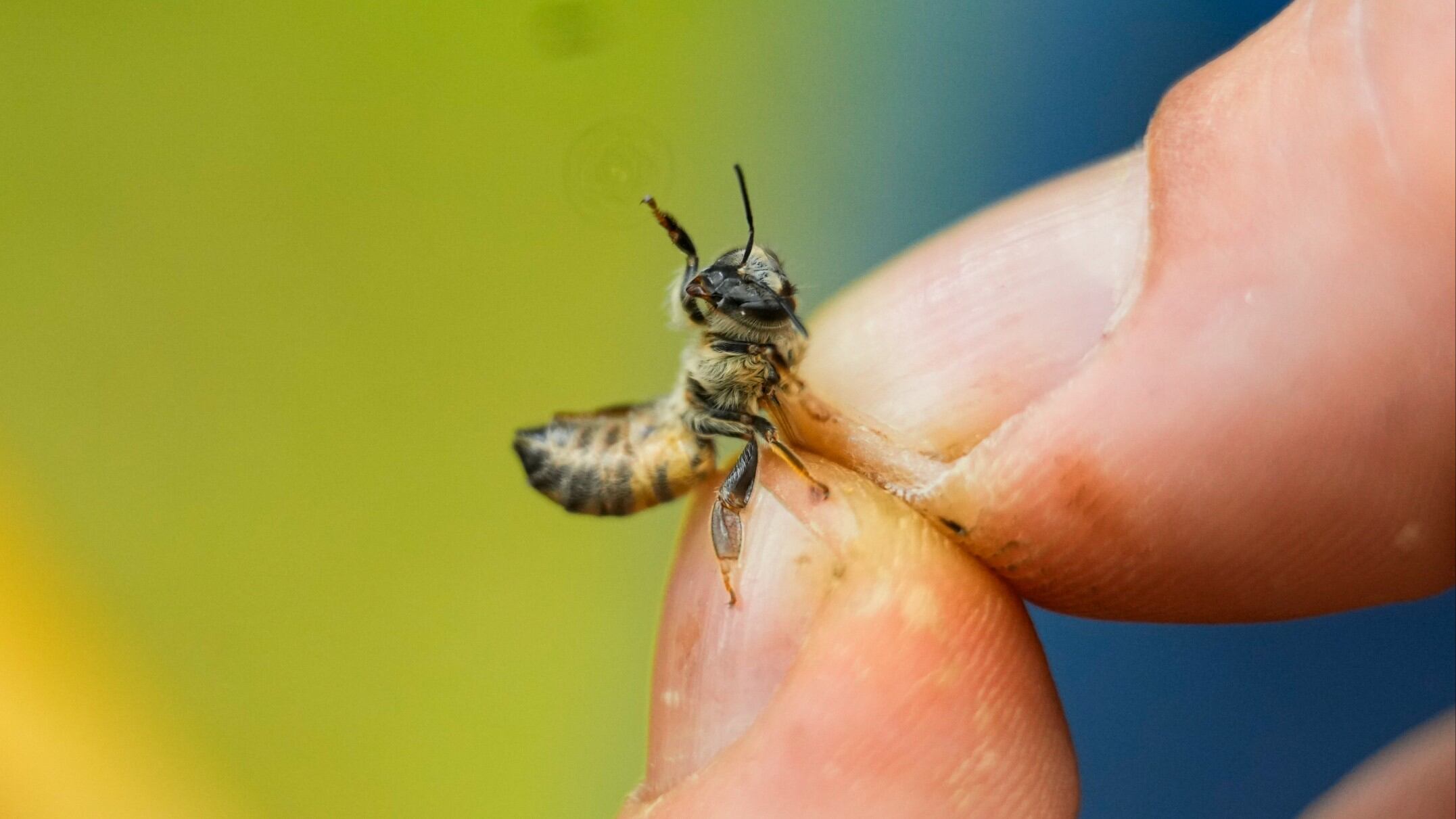According to the CDC, approximately six million Americans are living with Alzheimer's disease, but access to experimental, potentially life-saving drugs is limited. For impacted veterans, the Veterans Health Administration is looking for ways to provide that access.
Last year, Biogen, in partnership with Japanese drug company Eisai, announced that the drug called Leqembi showed promise in slowing cognitive decline in Alzaheimer's patients by 27 percent. The VHA announced it will shell out more than $26,000 annually for each veteran on Leqembi. If the FDA grants a full approval by July 6, Medicare and Medicaid services said it would immediately provide broad coverage of the drug to customers.
The experimental treatment received Accelerated Approval by the Food and Drug administration earlier this year. The specific pathway to approval had been introduced by the agency to provide speedier clearance on drugs that treat serious conditions.
Last month the Centers for Medicare and Medicaid Services declined to provide unrestricted coverage of the drug because "there is not yet evidence meeting the criteria for reconsideration."
"This standard differs from the criteria used by the FDA to assess whether medications are safe and effective. We are aware that additional publications may be forthcoming that include information relevant to the questions included in the current NCD," the agency added in its statement.












